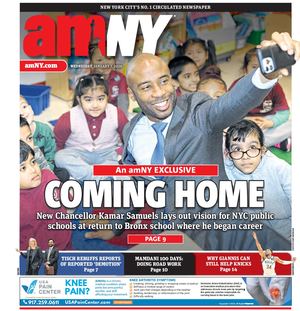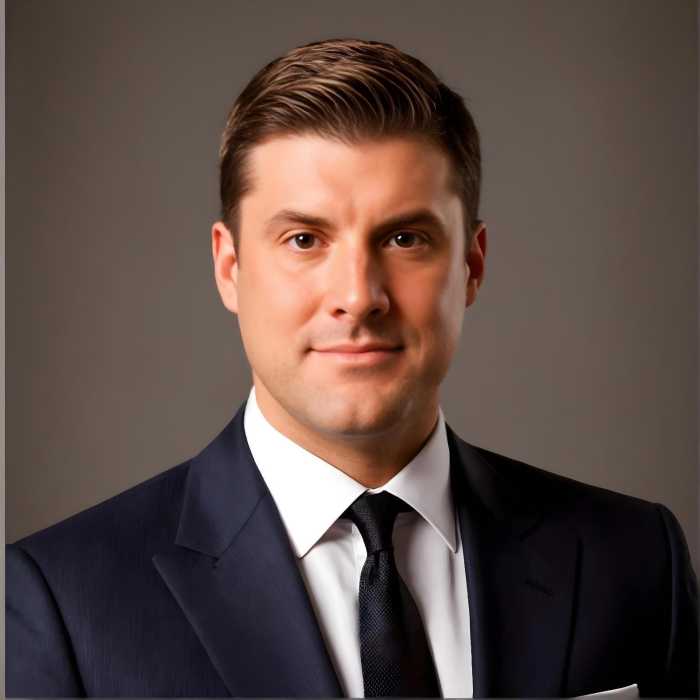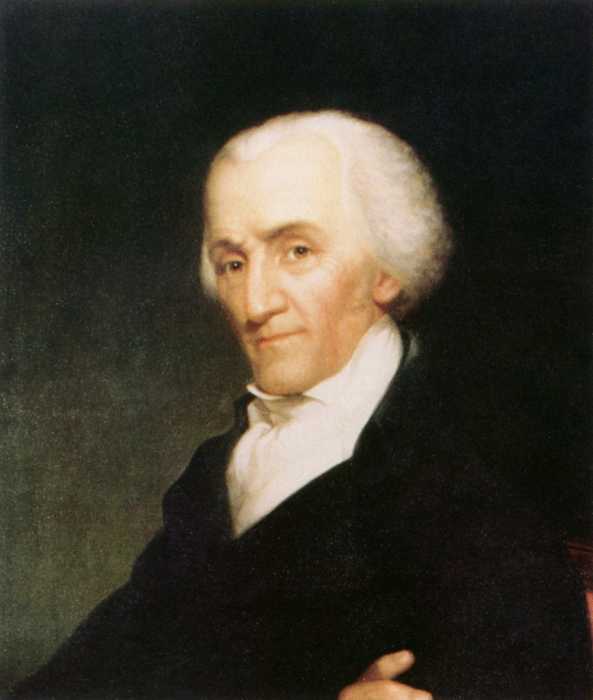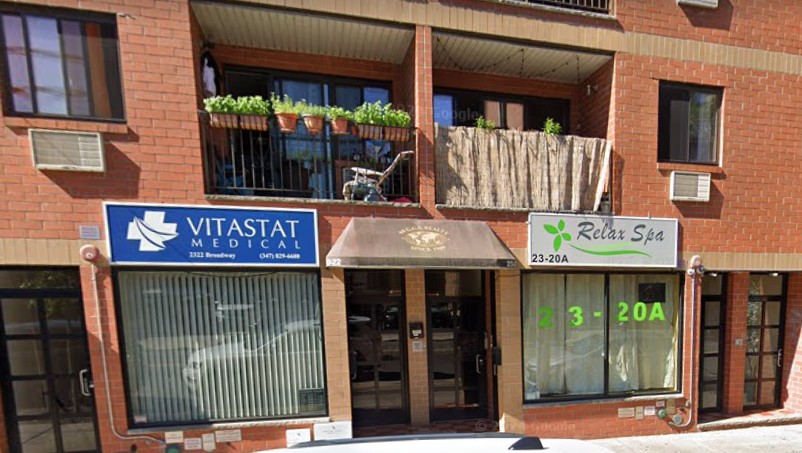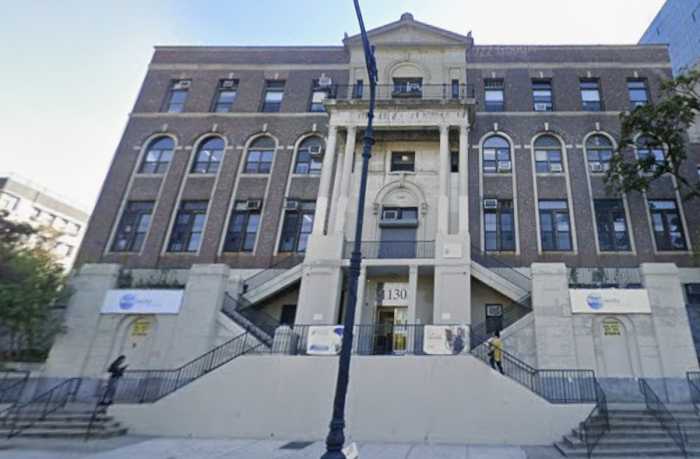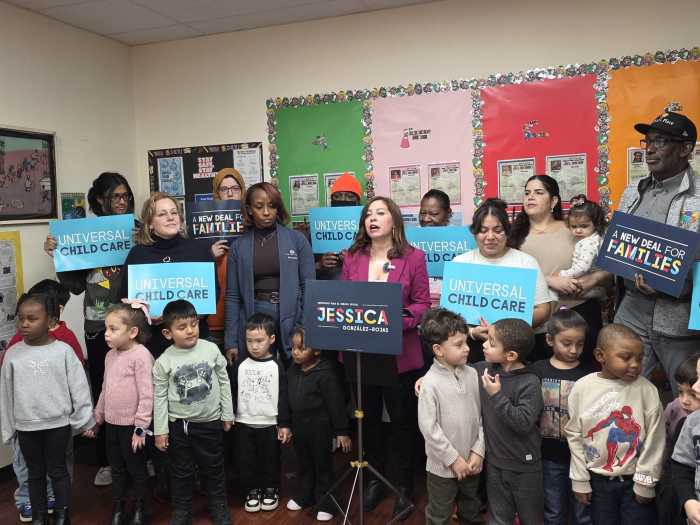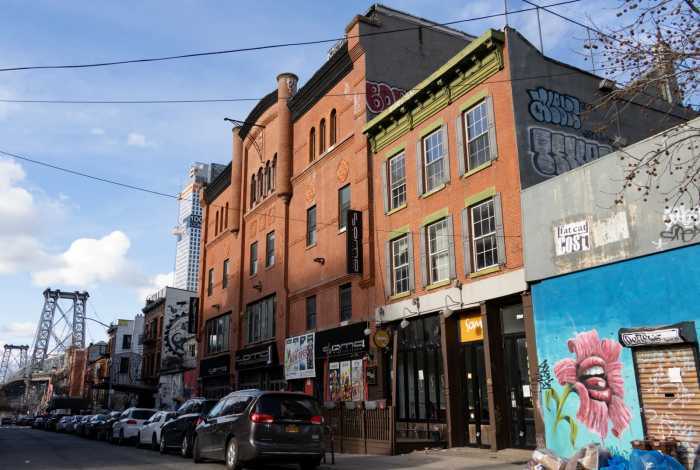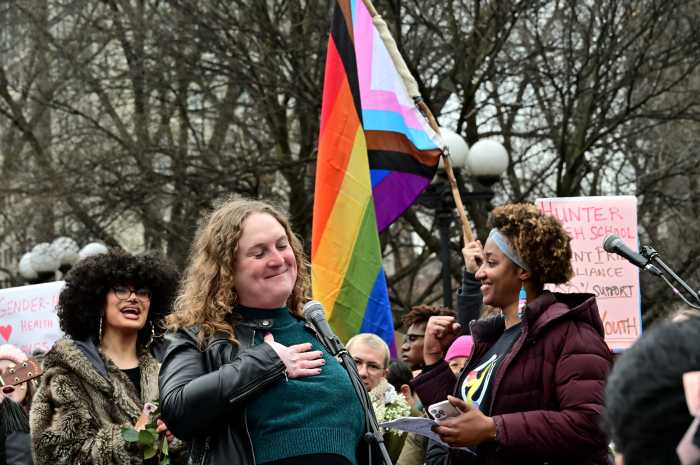
Our family’s health insurance is a source of frustration. This week, I’m all over the Internet trying to figure out a creative way to get a vaccine that my doctor recommends, but our insurance doesn’t cover.
The problem — for insured people like me — highlights what’s wrong with for-profit health insurance. The companies have little incentive to provide affordable health care. Medical bankruptcy and difficulties affording care are common even among people who have insurance, as we struggle with copays and deductibles, or go without care we need.
Still, my family is lucky to have insurance. A 2015 Census Bureau report found that 10.5% of New Yorkers have no insurance, and an Urban Institute report projects that a majority of them will be uninsured even after Obamacare is fully implemented.
Being a patient in America is an ongoing argument for a single-payer system — one in which the government provides health care to everyone. Democratic presidential hopeful Sen. Bernie Sanders has made that central to his campaign. He would do it through Medicare.
In New York State, we have a chance now to make it a reality, and we should.
The State Legislature is considering a single-payer plan that I believe would significantly lower the cost of health care. A chunk of what we pay for health care covers insurance companies’ administrative costs, like the chief executives’ compensation. But, as an enormous customer, government would suppress the rising cost of drugs by buying in bulk.
American life expectancy is more than three years shorter than that of our Canadian and British counterparts, but we spend much more on health care.
A bill creating the state’s single-payer plan passed the Assembly last year, and is expected to pass again this year. The bill has more backing now in the Senate than before, but advocates, including Physicians for a National Health Program and many other organizations, are building a grass-roots campaign to harness more support.
Now that a single-payer plan is part of the national political conversation, it is time to push for it in New York.
Liza Featherstone lives and writes in Clinton Hill.
